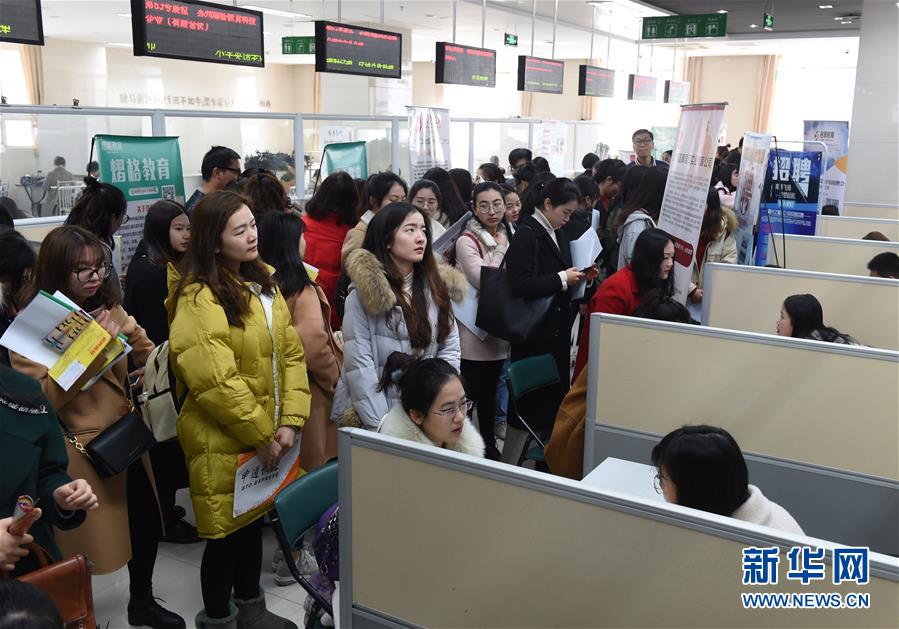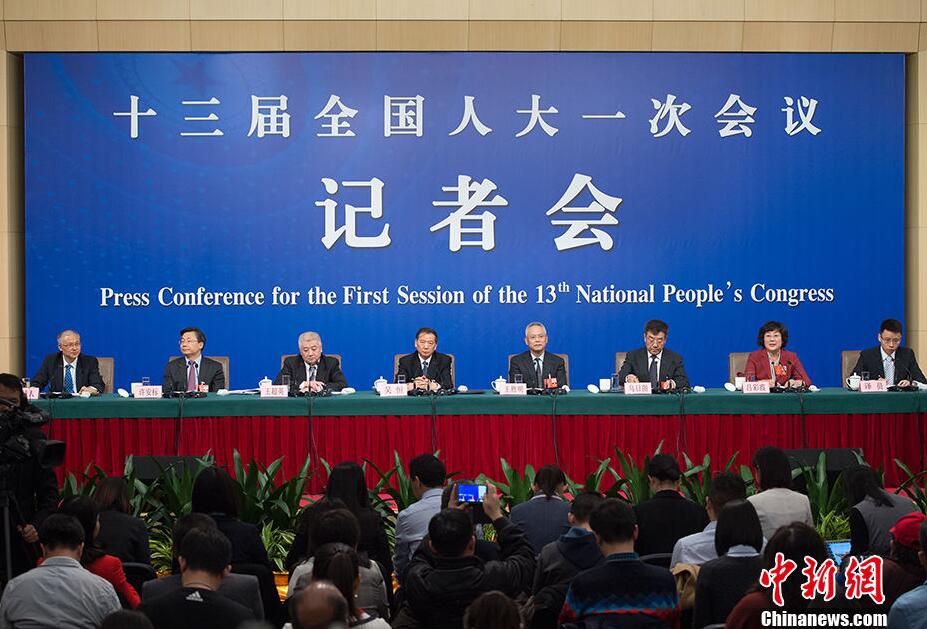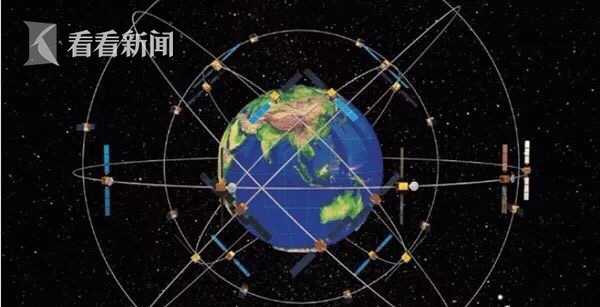
1, ERP——Enterprise ResOurce Planning Enterprise Resource Planning System refers to a management platform built on the basis of information technology to provide decision-making and operation means for enterprise decision-making levels and employees with systematic management ideas.
2. ERP, the full Chinese name is Enterprise Resource Plan, is a computer system for enterprise resource management and business process management, focusing on the utilization, management and integration of enterprise resources. ERP takes a plan as the starting point, which can be a large order in the market or a strategic goal of the enterprise.
3. Enterprise Resource Planning, that is, ERP (Enterprise Resource Planning), is a management platform based on information technology and provides decision-making and operation means for enterprise decision-making and employees with systematic management ideas.
4. Simply put, it is the information management platform of the enterprise. The most core part of ERP is the purchase, sale and storage of the enterprise. From the purchase of raw materials to the sales and transportation after the completion of the product, it can be clear at a glance in the computer, which is convenient for the management of the enterprise. Compared with the traditional operation method, it is more reliable and reliable, which can effectively avoid human mistakes and enterprise waste.
1. ERP system is a brief of EnterpriseResourcePlanning It refers to a management platform built on the basis of information technology, integrating information technology and advanced management ideas, and providing decision-making means for enterprise employees and decision-makers with systematic management ideas.
2. Extend knowledge. At present, the ERP brands in the domestic market include: SAP, Oracle, Oracle.
3. Introduction to erp ERP is the abbreviation of Enterprise Resource Planning. In the 1990s, an American IT company based on computer information, IT technology development and enterprise supply chain management at that time. The demand of reason, predicting the development trend and impending change of enterprise management information system in the information age in the future, and put forward this concept.
4. To understand the knowledge involved in ERP, I recommend your book Principles and Applications of MRPII/ERP, Tsinghua University Press. Take some time to understand this book, and your ERP principle will be passed.In this process, you also have to learn financial management, production and operation and other relevant knowledge.
5. ERP, the full Chinese name is Enterprise Resource Planning, is a computer system for enterprise resource management and business process management, focusing on the utilization, management and integration of enterprise resources. ERP takes a plan as the starting point, which can be a large order in the market or a strategic goal of the enterprise.

1. ERP is the abbreviation of Enterprise Resource Planning, which refers to the combination of information technology and advanced management ideas based on information technology. With systematic management ideas, enterprise employees and decisions The policy level provides a management platform for decision-making means.
2. The so-called ERP refers to the software and systems used to plan and manage all core supply chains, production, services, finance and other processes of the organization. ERP can be used to automate and simplify the activities of the entire enterprise or organization, such as accounting and procurement, project management, production management, compliance and supply chain operations.
3. What is ERP? What are the functions? ERP is a system based on information technology to help enterprises build a system to manage various businesses.
4. ERP is a transcendence of MRPII. In essence, ERP is still with MRPII as the core, but it surpasses the traditional MRPII in function and technology. It is a customer-driven, time-based enterprise resource plan for the management of the entire supply chain.
5. As an integrated software terminal, the key contents of ERP are the enterprise's materials, finance, information and human resources.
6. ERP system refers to a management platform based on information technology and providing decision-making and operation means for enterprise decision-making and employees with systematic management ideas.It is a new generation of integrated management information system developed from MRP (Material Demand Plan), which expands the functions of MRP, and its core idea is supply chain management.
Binance login App-APP, download it now, new users will receive a novice gift pack.
1, ERP——Enterprise ResOurce Planning Enterprise Resource Planning System refers to a management platform built on the basis of information technology to provide decision-making and operation means for enterprise decision-making levels and employees with systematic management ideas.
2. ERP, the full Chinese name is Enterprise Resource Plan, is a computer system for enterprise resource management and business process management, focusing on the utilization, management and integration of enterprise resources. ERP takes a plan as the starting point, which can be a large order in the market or a strategic goal of the enterprise.
3. Enterprise Resource Planning, that is, ERP (Enterprise Resource Planning), is a management platform based on information technology and provides decision-making and operation means for enterprise decision-making and employees with systematic management ideas.
4. Simply put, it is the information management platform of the enterprise. The most core part of ERP is the purchase, sale and storage of the enterprise. From the purchase of raw materials to the sales and transportation after the completion of the product, it can be clear at a glance in the computer, which is convenient for the management of the enterprise. Compared with the traditional operation method, it is more reliable and reliable, which can effectively avoid human mistakes and enterprise waste.
1. ERP system is a brief of EnterpriseResourcePlanning It refers to a management platform built on the basis of information technology, integrating information technology and advanced management ideas, and providing decision-making means for enterprise employees and decision-makers with systematic management ideas.
2. Extend knowledge. At present, the ERP brands in the domestic market include: SAP, Oracle, Oracle.
3. Introduction to erp ERP is the abbreviation of Enterprise Resource Planning. In the 1990s, an American IT company based on computer information, IT technology development and enterprise supply chain management at that time. The demand of reason, predicting the development trend and impending change of enterprise management information system in the information age in the future, and put forward this concept.
4. To understand the knowledge involved in ERP, I recommend your book Principles and Applications of MRPII/ERP, Tsinghua University Press. Take some time to understand this book, and your ERP principle will be passed.In this process, you also have to learn financial management, production and operation and other relevant knowledge.
5. ERP, the full Chinese name is Enterprise Resource Planning, is a computer system for enterprise resource management and business process management, focusing on the utilization, management and integration of enterprise resources. ERP takes a plan as the starting point, which can be a large order in the market or a strategic goal of the enterprise.

1. ERP is the abbreviation of Enterprise Resource Planning, which refers to the combination of information technology and advanced management ideas based on information technology. With systematic management ideas, enterprise employees and decisions The policy level provides a management platform for decision-making means.
2. The so-called ERP refers to the software and systems used to plan and manage all core supply chains, production, services, finance and other processes of the organization. ERP can be used to automate and simplify the activities of the entire enterprise or organization, such as accounting and procurement, project management, production management, compliance and supply chain operations.
3. What is ERP? What are the functions? ERP is a system based on information technology to help enterprises build a system to manage various businesses.
4. ERP is a transcendence of MRPII. In essence, ERP is still with MRPII as the core, but it surpasses the traditional MRPII in function and technology. It is a customer-driven, time-based enterprise resource plan for the management of the entire supply chain.
5. As an integrated software terminal, the key contents of ERP are the enterprise's materials, finance, information and human resources.
6. ERP system refers to a management platform based on information technology and providing decision-making and operation means for enterprise decision-making and employees with systematic management ideas.It is a new generation of integrated management information system developed from MRP (Material Demand Plan), which expands the functions of MRP, and its core idea is supply chain management.
 Binance US
Binance US
273.25MB
Check OKX Wallet
OKX Wallet
113.36MB
Check OKX Wallet app
OKX Wallet app
847.48MB
Check OKX Wallet download
OKX Wallet download
373.53MB
Check Binance market
Binance market
883.61MB
Check OKX Wallet
OKX Wallet
776.53MB
Check OKX Wallet APK
OKX Wallet APK
945.15MB
Check OKX Wallet login
OKX Wallet login
483.13MB
Check OKX Wallet download
OKX Wallet download
829.79MB
Check OKX Wallet APK
OKX Wallet APK
919.15MB
Check Binance app
Binance app
534.78MB
Check Binance app download Play Store
Binance app download Play Store
238.56MB
Check Binance app
Binance app
583.76MB
Check Binance US
Binance US
915.51MB
Check Binance download Android
Binance download Android
282.53MB
Check Binance app
Binance app
633.48MB
Check Binance US
Binance US
573.34MB
Check OKX Wallet app download for Android
OKX Wallet app download for Android
346.21MB
Check Binance wallet
Binance wallet
523.93MB
Check OKX review
OKX review
677.92MB
Check Binance app
Binance app
669.77MB
Check OKX Wallet APK
OKX Wallet APK
546.23MB
Check OKX download
OKX download
453.56MB
Check Binance market
Binance market
651.42MB
Check Binance login
Binance login
879.76MB
Check Binance wikipedia
Binance wikipedia
869.34MB
Check Binance wallet
Binance wallet
621.65MB
Check Binance login
Binance login
378.48MB
Check Binance download Android
Binance download Android
742.16MB
Check OKX Wallet to exchange
OKX Wallet to exchange
514.88MB
Check Binance app
Binance app
492.26MB
Check Binance login
Binance login
214.75MB
Check Binance Download for PC
Binance Download for PC
943.63MB
Check OKX Wallet to exchange
OKX Wallet to exchange
711.47MB
Check Binance app
Binance app
914.92MB
Check Binance app download Play Store
Binance app download Play Store
948.16MB
Check
Scan to install
Binance login App to discover more
Netizen comments More
1545 摩顶放踵网
2025-01-10 14:03 recommend
1744 流离失所网
2025-01-10 13:44 recommend
593 虫沙猿鹤网
2025-01-10 13:04 recommend
703 安土重旧网
2025-01-10 12:21 recommend
971 巧立名目网
2025-01-10 11:52 recommend